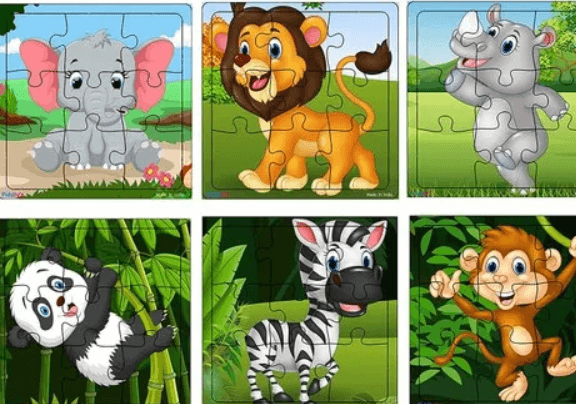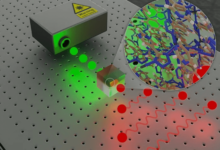The Psychology of Kids’ Puzzles: Understanding Their Impact on Child Development

Puzzles provide children with more than a simple diversion; they play a crucial role in shaping their cognitive abilities and promoting overall development. This article will explore the psychology behind a Kids puzzle and how it influences child development.
The Fascination with Problem-Solving
Children are naturally curious and love to explore their surroundings. Puzzles tap into this innate curiosity by presenting them with challenges that require problem-solving skills. Whether fitting pieces together to complete a picture or finding the missing piece of a sequence, puzzles engage their minds and stimulate their cognitive processes.
Building Cognitive Skills
One of the primary benefits of kids’ puzzles is their ability to build essential cognitive skills. Their fine motor abilities, hand-eye coordination, and spatial awareness are honed as they manipulate puzzle pieces. Everyday tasks that demand accuracy and talent, including drawing and writing, necessitate these skills.
Fostering Patience and Persistence
Completing a puzzle requires patience and persistence, two invaluable qualities for life success. By persevering through challenges, students learn that solving a puzzle takes time and effort and that making mistakes is okay. They strengthen their ability to bounce back from setbacks and cultivate a growth attitude, which will benefit them throughout their lives.
Encouraging Critical Thinking
Furthermore, engaging in puzzle-solving activities stimulates creativity and imagination as they explore different ways to approach a problem and think outside the box. By experimenting with various strategies and techniques, children develop innovative thinking skills that can be applied to multiple situations. Additionally, the satisfaction of completing a challenging puzzle reinforces the motivation to tackle new problems and seek solutions independently. This sense of achievement boosts their self-confidence and instils a positive attitude towards learning and overcoming obstacles. The cognitive benefits of puzzles extend beyond the immediate task, shaping thinking processes and preparing them for success in an ever-changing world.
Read also Top Criteria for Choosing the Best Wholesale Italian Food Suppliers
Promoting Social Interaction
Moreover, collaborative puzzle-solving allows children to practice essential social skills such as patience, empathy, and conflict resolution. As they work together to solve a puzzle, children learn to listen to others’ perspectives, offer assistance, and celebrate each other’s successes. By working together, students develop a feeling of community and appreciation for one another, strengthening their interpersonal bonds and setting the stage for future fruitful interactions amongst classmates both in and out of the classroom. Additionally, group puzzle-solving activities can help shy or introverted children feel more comfortable interacting with others in a structured and supportive environment, promoting inclusivity and a sense of belonging among all participants.
Boosting Confidence and Self-Esteem
Solving puzzles gives children a sense of accomplishment and pride, boosting their confidence and self-esteem. They gain confidence in their abilities as they complete puzzles and learn to trust in their problem-solving skills. This newfound self-assurance extends beyond puzzle-solving activities and positively impacts their approach to challenges in other areas of life.
Enhancing Memory and Concentration Skills
Engaging with kids’ puzzles requires children to use their memory and concentration skills to remember patterns, shapes, and colours and stay focused on the task. Regular exposure to puzzle-solving activities can help enhance memory retention and concentration, enabling them to retain information better and stay focused on tasks for extended periods.
The psychology of Kids puzzle is multifaceted and far-reaching, impacting various aspects of child development. For young children, puzzles are essential for developing their cognitive ability, patience, critical thinking, and social interaction skills. By understanding the psychological principles behind kids’ puzzles, parents and educators can harness their potential to support and enhance children’s development. So, next time you see a kids’ puzzle, remember its profound impact on child development.





